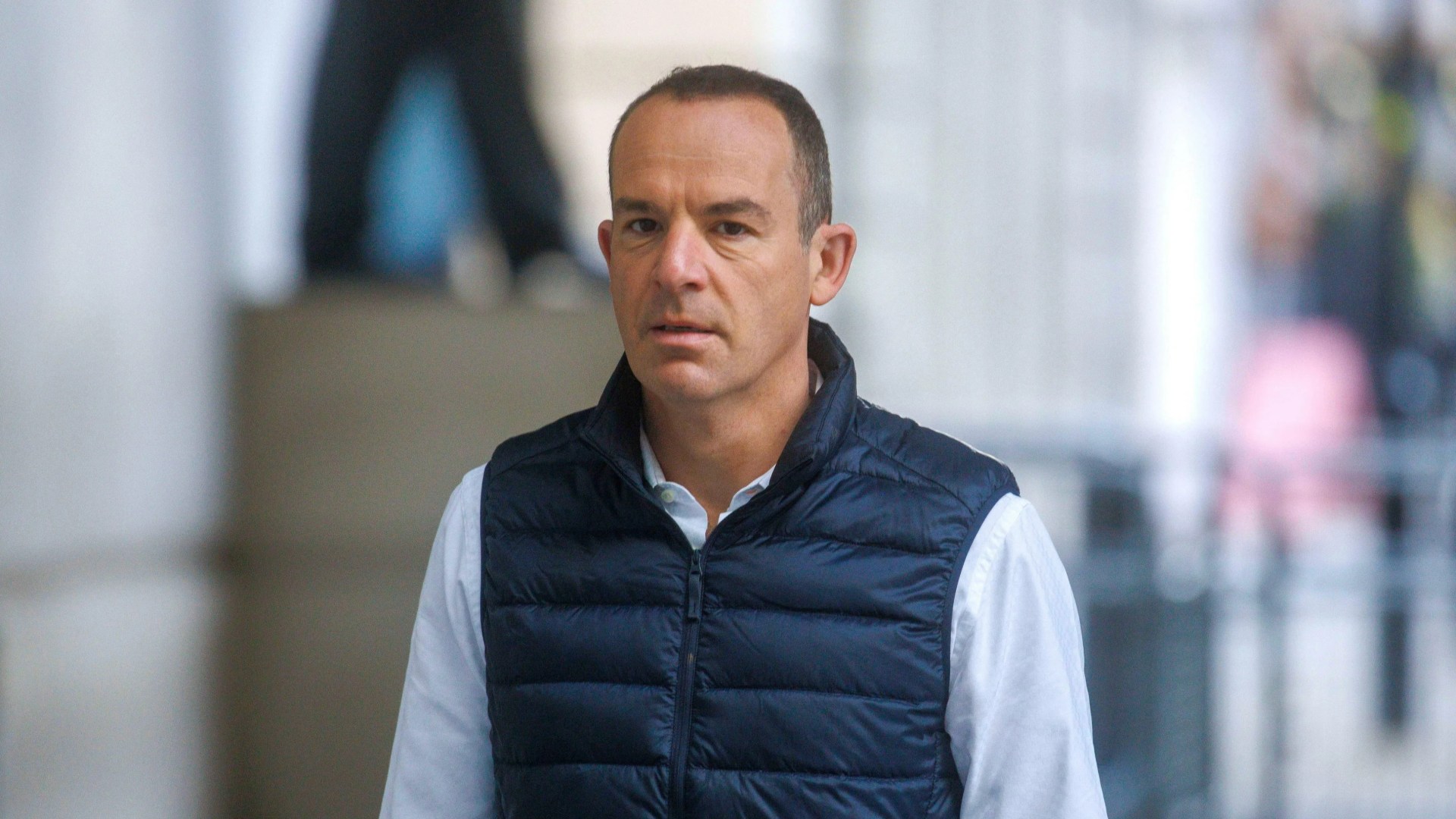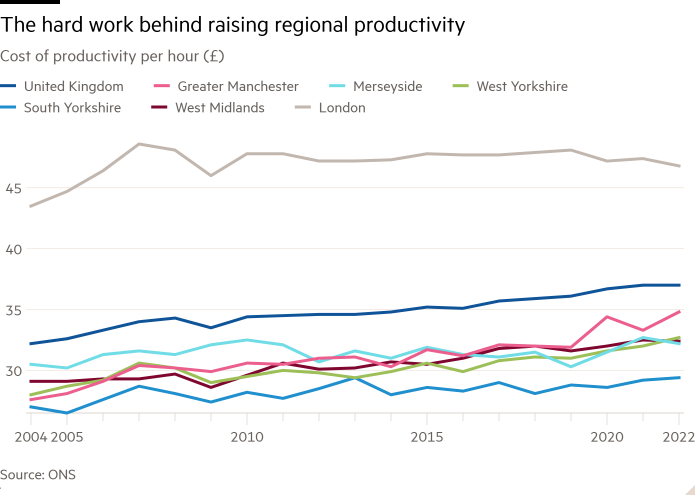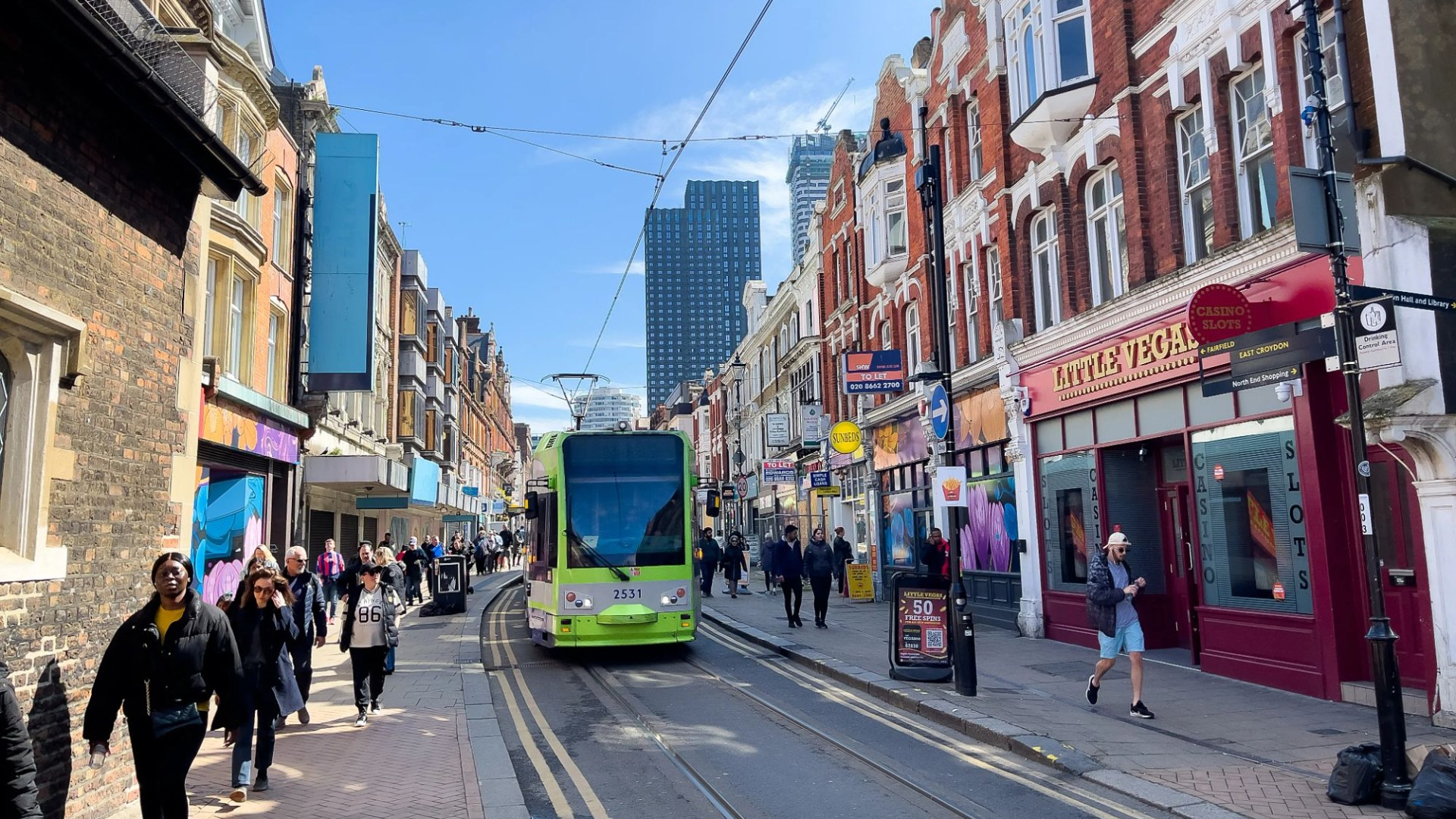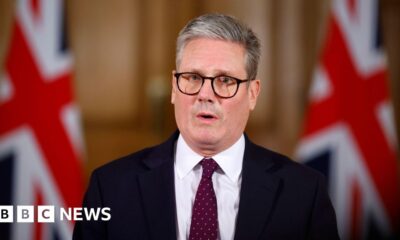France has in effect boycotted the COP29 UN climate summit in Azerbaijan after an attack by the host country president, laying bare a divide between the two nations at negotiations where guest lists are dominated by regional neighbours and oil and gas interests have been defended.
The top French climate official Agnès Pannier-Runacher said she would not attend the conference after President Ilham Aliyev accused France of “brutally” suppressing climate change concerns in its island territories in the Pacific in an address to other leaders.
He also claimed France had caused “environmental degradation” in the territories, which he described as “colonies”, citing nuclear tests in French Polynesia and Algeria.
Aliyev went further to invoke human rights violations during recent protests in New Caledonia, where he claimed the “regime of President Macron” had killed and wounded citizens protesting legitimately.
Pannier-Runacher said the remarks weaponised the fight against climate change for an “undignified” agenda and criticised Aliyev’s support of fossil fuels. “This is unworthy of a COP presidency,” she said.
The withdrawal means France will not be represented by a senior-level political official after President Emmanuel Macron chose in advance not to attend. France’s ambassador stood in at a meeting of the so-called High Ambition Coalition of countries on Wednesday.
Ahead of the conference, France, which helped broker the landmark 2015 Paris agreement on climate change, told its citizens not to travel to Azerbaijan because of a dispute over French support for Armenia. It registered only 115 people, much fewer than in previous years.
Argentina withdrew its climate negotiators from the conference on Wednesday, following an order from the government of populist President Javier Milei, without elaborating. Milei reportedly spoke to US president-elect Donald Trump on Tuesday. It has the world’s fourth-largest shale oil and second-largest shale gas reserves.
A spokesperson for the COP29 presidency did not comment on the withdrawals.
EU climate chief Wopke Hoekstra defended France on social media. “Regardless of any bilateral disagreements, the COP should be a place where all parties feel at liberty to come and negotiate on climate action” he posted on X.
The conference guest lists show that eastern European and central Asian neighbours were registered in far larger numbers for COP29.
While overall the conference has fewer attendees than at COP28 in the United Arab Emirates, where the oil and gas industry was out in force, the fossil fuel industry and consultants are dominant among the Azerbaijan guests, while the ranks of G7 delegates, finance and industry have markedly thinned.

The contingent of fossil fuel executives invited to Baku, where they operate or are represented, include ExxonMobil’s Darren Woods, BP boss Murray Auchincloss, TotalEnergies’ chief Patrick Pouyanné, Eni’s Claudio Descalzi, Saudi Aramco’s Amin Nasser and Sinopec chair Ma Yongsheng.
Among the few industrial sector leaders was Andreas Schierenbeck, chief executive of Hitachi Energy, the world’s largest producer of transformers. This was a contrast to the COP28 gathering in Dubai where bankers and industry turned out in droves.
The UN lists of delegates and parties also identifies dozens of consultants, led by Teneo, the main public relations adviser to the COP29 presidency. Its global strategy executive Geoff Morrell is a former executive at BP, a major foreign investor in Azerbaijan. Also prominent was the Tony Blair Institute, led by the former UK prime minister, as well as BCG, McKinsey, EY and Deloitte.
Green energy groups from the solar and wind sector, such as UAE renewable energy group Masdar, were also represented, though in smaller proportion than their hydrocarbon counterparts.

President Aliyev has been strident about the nation relying on its oil and gas wealth, which generates about 90 per cent of exports and which he has repeatedly described as a “gift from god.” He lashed out at western critics in his opening address to the world’s most important climate negotiations.
“Unfortunately double standards, a habit to lecture other countries and political hypocrisy became kind of modus operandi for some politicians, state-controlled NGOs and fake news media in some Western countries,” Aliyev said on Tuesday.
Azerbaijan registered about twice as many guests compared with those invited by the UAE as host of the COP28 summit in Dubai last year, though its own delegation size is half as big as the one the UAE boasted.
The total attendance in Baku is expected to top 65,000, compared with more than 80,000 in Dubai, but this figure includes support and technical staff, which generally make up about a fifth. The core participants are typically reduced further as more register than collect their badges.
Next year’s COP host country, Brazil, also had a sizeable contingent, according to delegate lists released by the UN. Neighbouring Turkey registered the third-largest list of attendees, and President Recep Tayyip Erdoğan was warmly welcomed as one of the more prominent world leaders.
China sent almost 1,000 people for the fifth-largest national presence, while Russia and Kazakhstan, key allies, listed more representatives than the UK, Italy, the US, Canada or Germany. The delegates list for Uzbekistan and Kyrgyzstan was larger than the European Union.
The poor showing of leaders and shrunken delegations from G7 countries did not bode well for a strong new global finance goal, which was critical to helping to limit climate change, said Ruth Townend, a senior research fellow at Chatham House.
Eurasian academic Gevorg Avetikyan said that as well as “doing a personal favour to Ilham Aliyev by being there on the highest level”, Azerbaijan’s neighbouring nations were also facing the threat of global warming.
Any impact on the Caspian Sea would affect the nearby landlocked central Asian states, including Uzbekistan and Kyrgyzstan, giving them a commonly shared interest in preventing further environmental degeneration in the region. The Aral Sea, between Kazakhstan and Uzbekistan, once one of the largest inland bodies of water in the world, is “nearly extinct”, he noted.
The conference also gives these nations the opportunity to express what Avetikyan called “anti-colonial” rhetoric. For Russia, he said, COP is one of the few remaining global events it can attend and not be excluded from processes as a rogue state following the war on Ukraine.
Data visualisation by Steve Bernard
Climate Capital

Where climate change meets business, markets and politics. Explore the FT’s coverage here.
Are you curious about the FT’s environmental sustainability commitments? Find out more about our science-based targets here






















































































































































































You must be logged in to post a comment Login